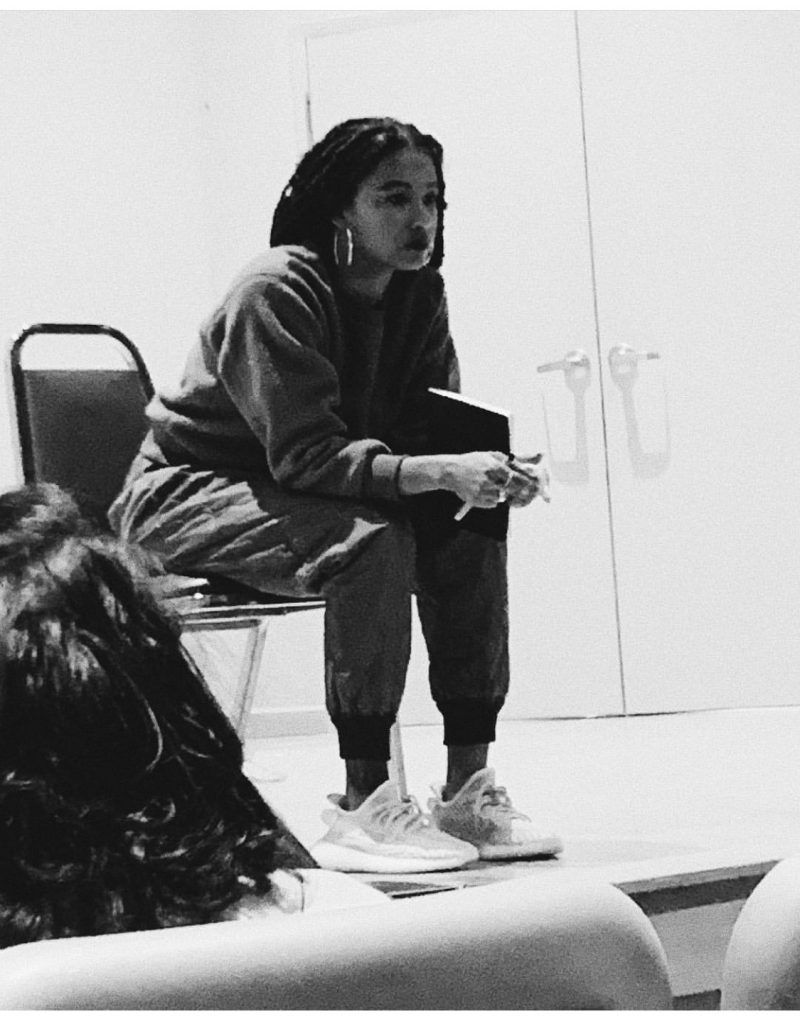How do we pick workshop proposals?
Representatives from the K-12 space are a part of the planning committee for the Teacher Self-Care Annual and our One-Day events. Every member of the panel read and rate each proposal before assigning a preliminary score. The proposal is reviewed a second time by other planning committee members during a face-to-face planning meeting. These evaluations finally go to the Program Chair, who makes the final decision on our programming
While we pick diverse proposals, we have clear guidelines on what presentations we want for our one-day and annual conferences:
Clarity and thoughtfulness of proposal—Reviewers favor proposals that are very clear about their content, explicit about what presenters will do in the session, and thoughtful in identifying a meaningful focus and providing a compelling rationale.
Appropriate and engaging method of presentation—Reviewers value appropriately engaging presentation styles. They particularly look for opportunities for audience members to participate actively and interact with presenters and each other, not just listen to presenters reading papers.
Content and issues are timely and critical to the field—Reviewers want to know how a proposal fits broader conversations of theory, research, and/or practice in the field of education and self-care. They evaluate the significance of the presenter’s work, its acknowledgment of prior scholarship or practice, and its connections to important debates or concerns in the field.
Strong fit with the Teacher Self-Care mission and intended audience—Reviewers expect proposals to connect with the mission of TSC and with the knowledge, perspectives, interests, and concerns of self-care in education.
Create your own user feedback survey
